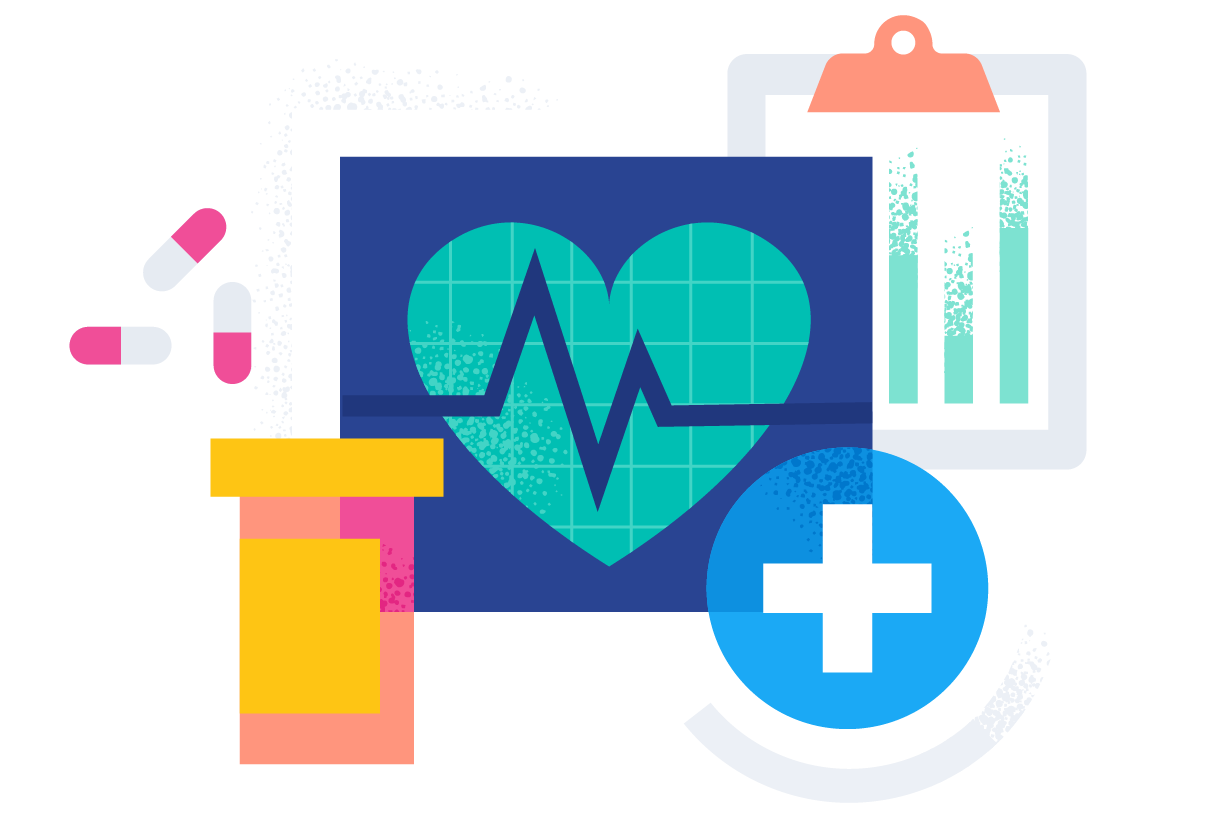Why Healthcare RCM is Necessary for Financial Health And Wellness in Medical Practices
Why Healthcare RCM is Necessary for Financial Health And Wellness in Medical Practices
Blog Article
A Comprehensive Overview on Exactly How Healthcare RCM Works to Streamline Payment and Collections
Browsing the complexities of medical care income cycle administration (RCM) is important for companies intending to boost their invoicing and collections procedures. The guide unpacks the ins and outs of RCM, from patient registration to accounts receivable monitoring, using insights right into optimizing each action.
Comprehending Earnings Cycle Monitoring
RCM is an essential administrative feature that incorporates the entire financial procedure of person treatment, from the initial consultation setting to the last payment of the balance. It is an intricate treatment developed to identify, gather, and handle the revenue from the solutions offered to patients.
The RCM procedure begins when a person routines an appointment and prolongs through the person's care trip, including payment and collections. A crucial objective is to minimize the time between getting and offering a solution repayment, thus enhancing the company's financial wellness. RCM entails numerous features such as individual registration, insurance policy confirmation, fee capture, coding, asserts entry, repayment posting, and managing denials and allures.
Secret Components of RCM
In the realm of Earnings Cycle Management (RCM), recognizing its crucial parts is fundamental to achieving financial performance within healthcare organizations. RCM is an extensive procedure that encompasses numerous stages, each crucial to ensuring efficient billing and collections. The main parts include individual enrollment, insurance coverage confirmation, fee capture, coding, case entry, payment uploading, and balance due monitoring.


Once coded, insurance claims are submitted to payers, where accuracy is vital to prevent hold-ups or denials - Healthcare RCM. Payment posting involves tape-recording the gotten settlements, which permits the reconciliation of accounts. Finally, balance dues administration concentrates on tracking and attending to unsettled cases, guaranteeing prompt follow-up and resolution
Each part of RCM is interconnected, and inadequacies in any kind of part can interrupt the entire cycle. Therefore, mastering these aspects is important for doctor to maximize earnings and improve their financial health.
Strategies for Efficient Payment

Standardizing payment treatments across the company is one more key method. Establishing clear standards for documents, coding, and submission helps preserve consistency and conformity with governing demands. Training team consistently on these procedures makes sure everyone is current with the most current modifications in invoicing codes and payer plans.
Precise charge capture is crucial in protecting against profits leakage. Carrying out regular audits and surveillance systems allows for the recognition and adjustment of discrepancies prior to they affect revenue. Furthermore, preserving open lines of communication with payers aids to quickly settle any kind of disagreements or misconceptions that browse around this site may emerge.

Finally, engaging individuals early in the payment process by providing clear estimates and academic materials about their financial responsibilities can considerably decrease complication and boost settlement timeliness. These approaches jointly contribute to an extra financially healthy and balanced and effective billing system.
Enhancing Collections Procedures
Given the intricacies of medical payment and the range of payer demands, boosting the collections process includes applying calculated steps that make certain exact and prompt payment of services made. Automation tools can help in tracking claim standings, sending out timely suggestions to people, and taking care of rejections extra successfully.
Clear and transparent client interactions are vital. Offering detailed descriptions of charges and supplying versatile payment strategies can increase individual complete satisfaction and punctual repayments.
Normal audits of the collections procedure should be carried out to identify locations for improvement and make sure compliance with guidelines. By evaluating information, healthcare organizations can recognize fads, anticipate prospective issues, and adapt methods as necessary (Healthcare RCM). Inevitably, a well-enhanced collections process not only supports financial wellness yet likewise adds to an extra seamless experience for clients and staff alike
Optimizing Income Streams
Building upon the foundation of a web solid collections procedure, health care companies can better strengthen their monetary security by purposefully optimizing earnings streams. This involves a multi-faceted method, starting with a comprehensive evaluation of existing revenue sources to determine inadequacies and locations for growth. Employing sophisticated data analytics tools makes it possible for organizations to acquire insights right into payer mix, individual demographics, and solution application patterns, permitting data-driven decisions that improve profits capture.
Executing automated invoicing systems can substantially minimize mistakes and quicken cases refining, guaranteeing that profits is gathered a lot more effectively. In addition, maximizing payer agreements via regular settlements can enhance compensation prices and terms, directly affecting the bottom line. Branching out service offerings, such as incorporating telehealth or health programs, can also attract a broader person base, hence enhancing revenue potential.
An additional critical part is boosting person involvement and satisfaction, as pleased individuals are a lot more likely to stick to treatment strategies and make timely settlements. Supplying useful link adaptable payment alternatives and transparent billing techniques can enhance collections and foster client loyalty. Healthcare RCM. By taking on these methods, healthcare organizations can develop a much more resilient financial structure, ensuring continual growth and stability in an ever-changing sector landscape
Final Thought
To conclude, medical care Income Cycle Monitoring (RCM) plays an important role in maximizing billing and collections processes by integrating crucial components such as individual registration, insurance confirmation, fee capture, coding, declares submission, and receivable management. By using advanced technology, systematizing procedures, and promoting person interaction, healthcare service providers can dramatically decrease case denials, speed up settlement cycles, and enhance cash circulation. This comprehensive technique to RCM inevitably results in boosted monetary effectiveness and sustainability for medical care companies.
The RCM process starts when a patient routines a visit and expands through the individual's treatment trip, consisting of payment and collections.Another important part is enhancing individual involvement and fulfillment, as pleased people are extra likely to adhere to treatment plans and make timely settlements. Offering versatile repayment alternatives and transparent billing practices can improve collections and foster client loyalty.In final thought, health care Profits Cycle Administration (RCM) plays a critical role in optimizing billing and collections procedures by incorporating crucial parts such as person enrollment, insurance policy verification, charge capture, coding, declares submission, and accounts receivable management. By employing advanced technology, standardizing procedures, and cultivating person engagement, healthcare providers can considerably reduce case rejections, accelerate settlement cycles, and boost money flow.
Report this page